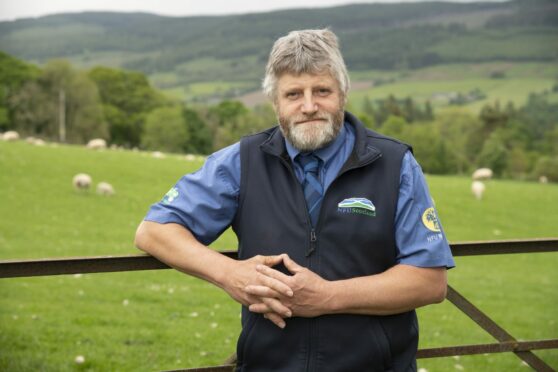The campaign to put food production at the forefront of any new Scottish agricultural policy has been stepped up by farming leaders during talks at Holyrood.
A delegation from NFU Scotland (NFUS) lobbied cross-party MSPs rom the Conservative, SNP, Labour, and the Liberal Democrat parties about funding, food security and the high input costs being faced by farmers and crofters.
Speaking after the meetings, NFUS president, Martin Kennedy said: “We are looking to galvanise cross-party recognition and support for the vital role active farming and crofting can play if we are to deliver on food production – first and foremost – as well as tackling climate change and enhancing biodiversity.
“As we highlighted during our visit to Holyrood, we can only do so if we are enabled to via a fully-funded and targeted approach to agricultural support that underpins all enterprises and sectors.”
Mr Kennedy said a package required direct financial support based on agricultural activity, and conditional support based on practical options that work alongside farming and crofting while also recognising and rewarding actions farmers have already taken in their own businesses.
He added: “As Scottish agriculture shoulders its responsibilities in terms of food security and a flourishing environment, politicians and policy makers must bring about a ‘just transition’ to a new policy regime that reflects the true costs of delivery, and incentivises the productivity, efficiency, and stewardship required.”
The Holyrood visit took place after Mr Kennedy used the union’s online platform to brand criticise environmental bodies’ demands for future policy to focus on the environment rather than food production as “extremely dangerous”.
He wrote: “I am not prepared to take the responsibility for us not being able to produce food. We can already do this sustainably in Scotland, and we may in the future also need to produce for other countries too.
“If as a result of pressure from those making policy decisions who do not understand the industry, we are forced to contract our agricultural output at a t

